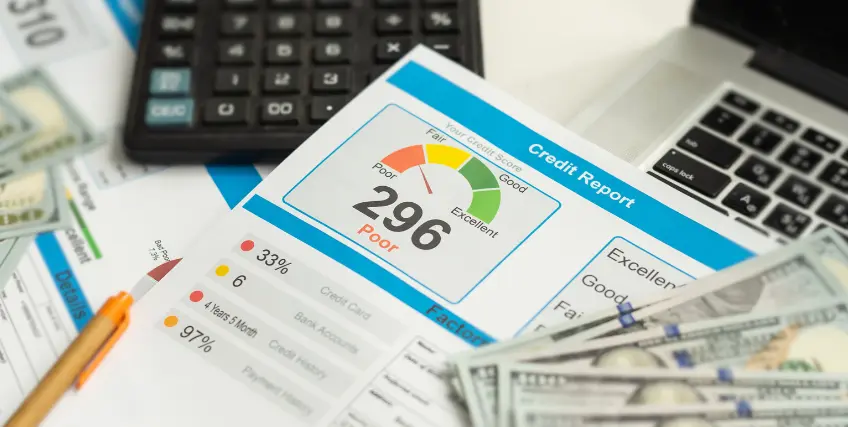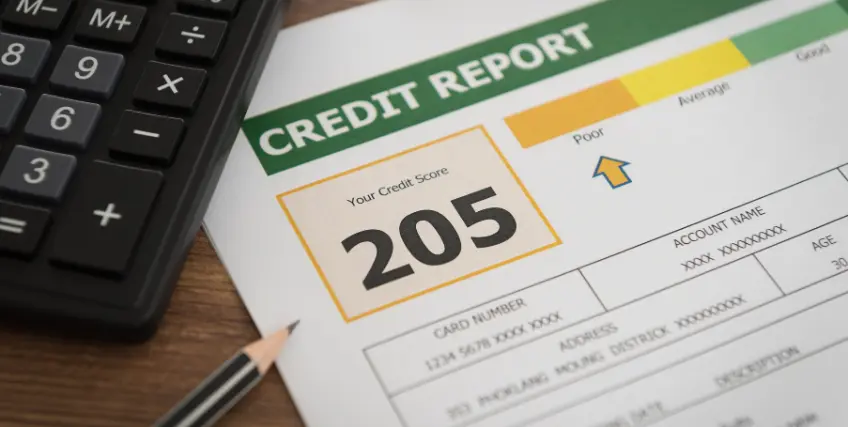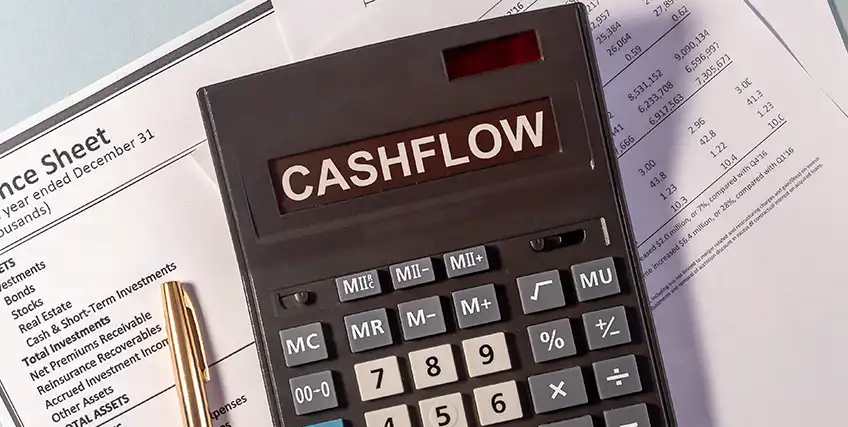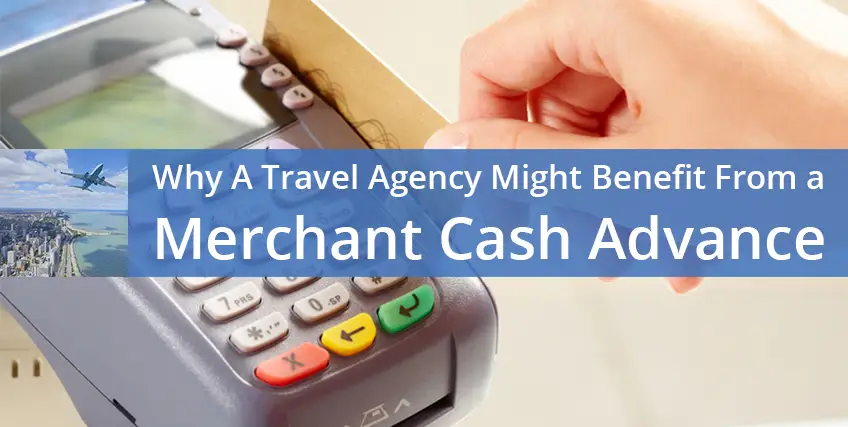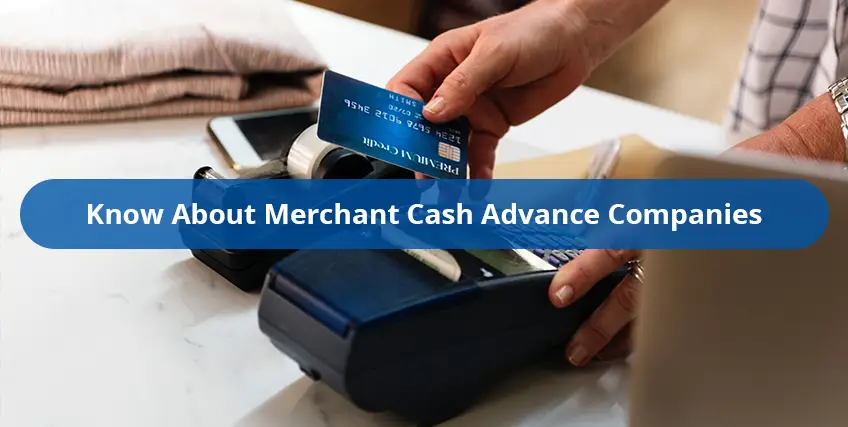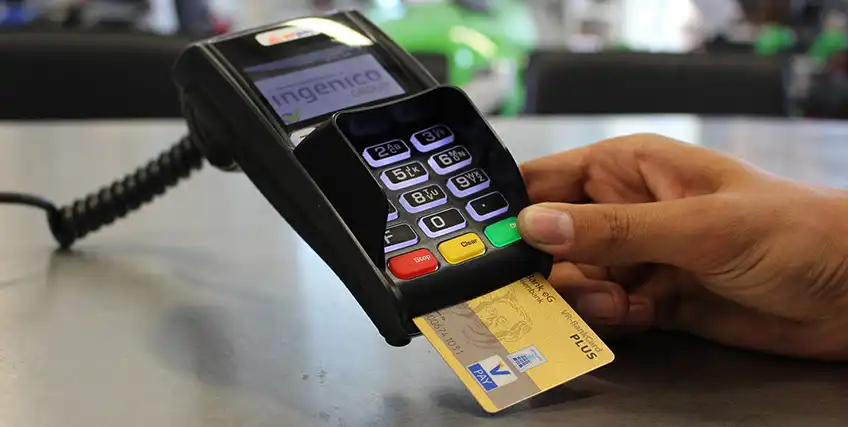How a Merchant Cash Advance Can Benefit Your Medical Business
January 10, 2025 | Last Updated on: January 10, 2025

Owners of private medical practices can regularly run into issues collecting payment from commercial insurers. Additionally, insurers may underpay on claims, with one pharmacist saying he loses thousands per day.
In these cases, providers may need to inject quick capital to pay essential bills like payroll, rent, and other non-flexible business expenses. In this case, a merchant cash advance (MCA) could be a great resource to inject capital quickly into your healthcare business.
Here’s what you need to know about merchant cash advances for healthcare practices, including how they work and how you may be able to qualify for one.
What Is A Merchant Cash Advance?
A merchant cash advance is a way for small businesses to receive funding based on future sales. So if your business has a steady flow of patients or customers, you can sell your future receipts for a timely deposit of cash.
This can be helpful for businesses in various sectors that may experience delays in payment from vendors, including healthcare practices waiting for payments from insurers. This could also apply to local clinics, pharmacies, and wellness centers awaiting payment from vendors.
Benefits of Merchant Cash Advance for Healthcare Businesses
There are several potential benefits for small businesses in the healthcare sector to use a merchant cash advance.
- Speed
An MCA is a solid option for businesses who experience crunches from outstanding invoices. Compared to a traditional term loan from a commercial bank, you may be able to get funding from a merchant cash advance within a few business days.
- No collateral needed
A merchant cash advance uses your future receipts as a guarantee for the funding, so no collateral is needed. With a traditional loan, you may need to put up business or personal collateral to securitize the loan.
- Flexible repayment schedule
If your practice experiences months with higher income than others, an MCA can be a great fit. With an MCA, your payment will vary based on how much the business brings in.
With a term loan, your payment may be a set number each month regardless of the performance of your healthcare practice.
How To Qualify For A Merchant Cash Advance
Qualifying for a merchant cash advance can be much simpler than a traditional business loan. Here are a few factors lenders will consider:
- Time in business
Funders will look at the time you’ve been operating to ensure the business in stable to have future business.
- Receipts and bank history
MCA funding is based on the businesses ability to repay debt based on future business. This means funders will focus on bank and merchant processing history to evaluate the business's sales performance. Each funder will require several months of documentation to make a application decision.
Where To Get A Merchant Cash Advance
There are several merchant cash advance providers to choose from. Here’s what you should keep in mind as you’re choosing the best provider:
- Factor rate
A merchant cash advance is not a loan, but rather a cash injection for future receipts. This means there is no interest rate, but rather a factor rate. This is the margin lenders charge for the service. The rate can range from 1.1 to 1.5, and is charged at the time of the advance.
- Fees
As you’re comparing funding providers, be sure to find out if they charge an origination fee, early prepayment penalty, or any other additional charges. These charges can add up to a sizeable amount and should be considered when comparing merchant cash advance lenders.
Bottom Line
Private practices, pharmacies and other healthcare-related businesses can go through potential cash crunches, and a merchant cash advance could be a great lifeline to make it through. However, be sure to consider all lending options as MCAs can be quite expensive. If you need a long-term lending facility, you may consider a term loan or business line of credit to get funding for your business.
FAQ about Merchant Cash Advance
What can you use a merchant cash advance for?
A merchant cash advance (MCA) can be used to cover business expenses such as inventory purchases, equipment upgrades, marketing campaigns, or payroll. It's a flexible financing option, allowing businesses to address short-term needs or seize growth opportunities without restrictions on usage.
What are the requirements for MCAs?
To qualify for a merchant cash advance (MCA), businesses typically need to demonstrate consistent revenue, especially from credit or debit card sales, and provide recent bank statements or sales reports. Lenders often have lenient credit score requirements, focusing more on cash flow and the business's ability to repay through future sales.
Can I get invoice factoring with bad credit?
Yes, you can get invoice factoring with bad credit. As long as your clients have a strong payment history, many factoring companies are willing to work with businesses with poor credit.
How do merchant cash advances work for healthcare providers?
Healthcare providers can use merchant cash advances (MCAs) to access upfront funds, which are repaid through a percentage of future receivables, such as credit card sales from patients or insurance reimbursements.
Frequent searches leading to this page
small business cash advance, business cash advance loans, merchant cash advance no credit check, best merchant cash advance, instant merchant cash advance
Recent Articles
Related Articles

Can You Renegotiate Terms on MCA Cash Financing After a Default? What Business Owners Need to Know
November 27, 2024

Business Loan or Merchant Loan? Understanding Loan Options for Your Business
November 25, 2024

Avoiding the Debt Trap: How Stacking MCA Business Financing Can Hurt Your Business Credit
November 7, 2024

Why MCA Business Funding May Be Ideal for Retailers Looking to Expand Inventory
November 5, 2024

Merchant Cash Advance vs. Asset-Based Lending: Which is Right for Your Business?
January 10, 2025

Merchant Cash Advance vs. Traditional Business Loans: Which is Right for Your Business?
January 10, 2025

Merchant Cash Advance vs. Line of Credit: Which is Right for Your Business?
January 9, 2025

5 Things Every Small Business Owner Wishes They Had Known When They Started
January 9, 2025









